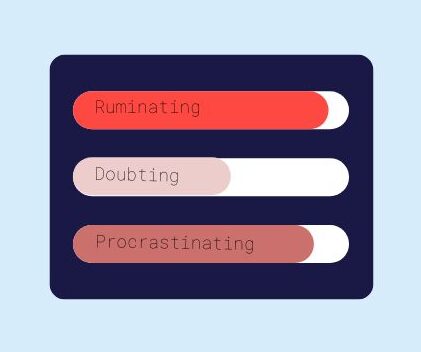Depression is a term that’s thrown around a lot in our daily lives and often used synonymously with feeling sad. However, depression is a clinical disorder and needs to be addressed as such. This blog post will help parents better understand and differentiate between normal sadness and clinical depression. However, nothing replaces the experience and expertise of a trained therapist. If you think your child or teen is depressed, then it’s best to schedule an intake with a therapist so they can provide a thorough assessment.
[bctt tweet=”Depression is a clinical disorder, to be treated as such. How do you know if your kid is depressed?” username=”BehaviorChange_”]

how do you know if your child is sad or depressed?
Let’s first talk about normal sadness. Everyone gets sad sometimes whether it’s from an argument, a loss of some kind, or something else. The feelings of sadness could even last a while. If your child got into an argument at school or with a family member, recently went through a breakup, or lost a pet, they may be sad for a while. This is completely normal and not considered depression
What is depression? Depression consists of several factors and is more than just feeling sad.
- The feeling of being sad typically lasts the majority of the day, and happens nearly every day in a span of at least two weeks. Your child might express it through saying they feel empty or hopeless like a “pit in their chest/stomach”, or you might notice them crying frequently or being especially grumpy or irritable.
- Loss of interest or pleasure gained from activities. Your child might complain about how they don’t want to do things they previously enjoyed like swimming, hanging out with friends, or watching movies with the family. If they start to withdraw from things they previously enjoyed, this is a warning sign.
- Any significant change in your child’s sleep pattern. They may be sleeping for 12+ hours a day, or up all night and sleeping during the day.
- Feeling and acting slowed down. Your kid might seem like they are ‘moving through molasses’ and activities that they once quickly went through might seem like a huge chore and take them a lot longer. Take a look at changes in their speech, their morning routine, the way they complete their homework, or their completion of household chores.
- Your child might complain about feeling tired or having no energy all the time.
- Significant weight loss or weight gain. Be sure to check in and see if you notice your child skipping meals or eating all the time.
- Trouble focusing and concentrating, and indecisiveness. For example, if your child can’t make any decisions from whether or not to see a friend to what tv show to watch, or if they take much longer than normal to do their homework.
- Feeling excessive guilt or worthlessness. If your child is telling you that they feel like they don’t deserve to have friends, they feel like a burden on you, or they feel like they can’t seem to do anything right then this is something to pay attention to.
- Suicidal thoughts. If your child experiences suicidal thoughts outside of a normal fear or curiosity of death, then it’s essential to see a professional ASAP.
The big points to look for in depression is a loss of interest in previously enjoyable activities, or feeling sad or down almost every day for 2 weeks straight. If either of these are an issue, then a therapy session may be helpful.
Children and teens do not need to meet all of these points to be considered clinically depressed, but if you notice several of these points then your child may be suffering with depression and treatment is warranted.
References:
American Psychiatric Association. (2013). Diagnostic and statistical manual of mental disorders: DSM-5. Washington, D.C: American Psychiatric Association.
(n.d.). Retrieved September 02, 2017, from https://www.psychiatry.org/patients-families/depression/what-is-depression







